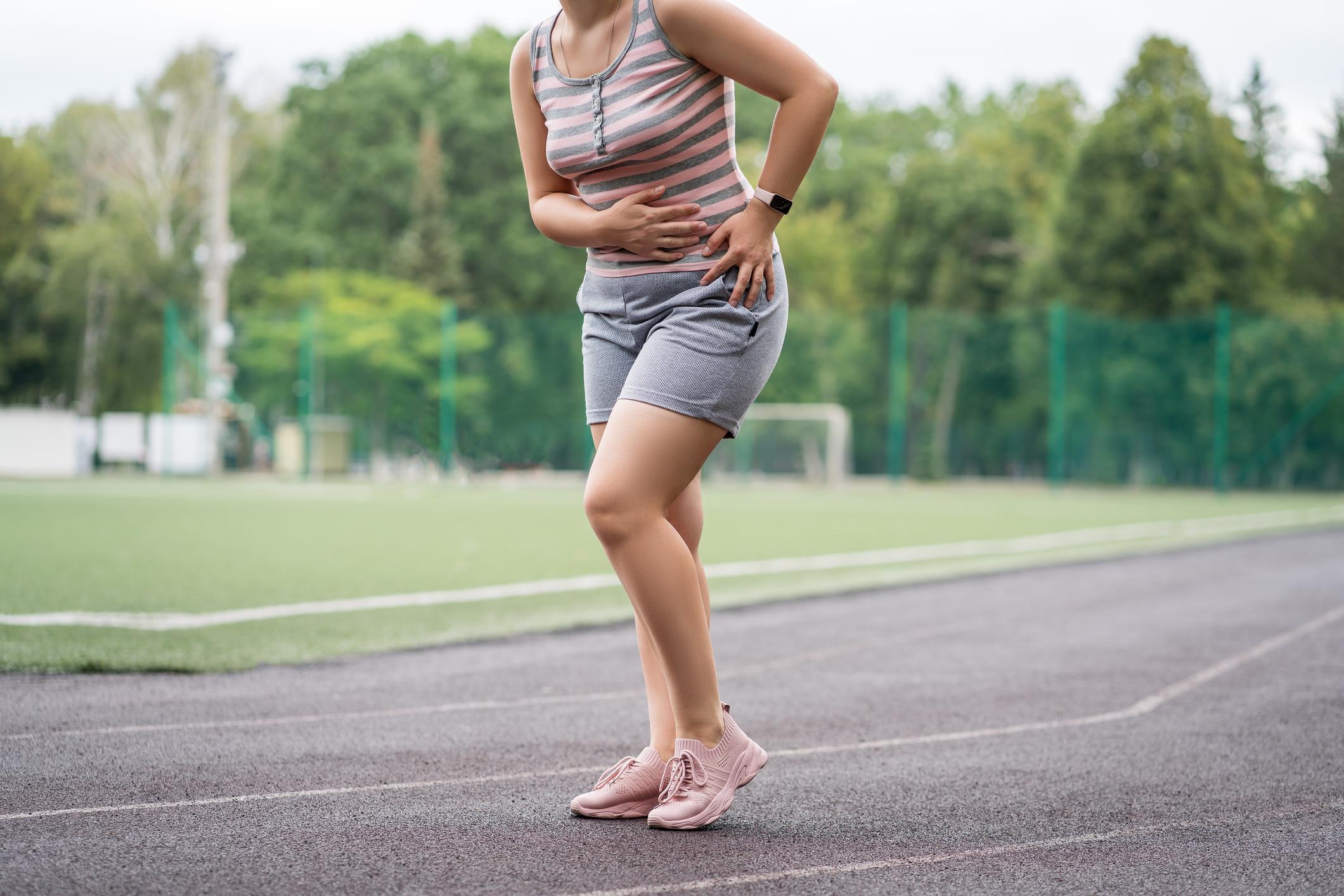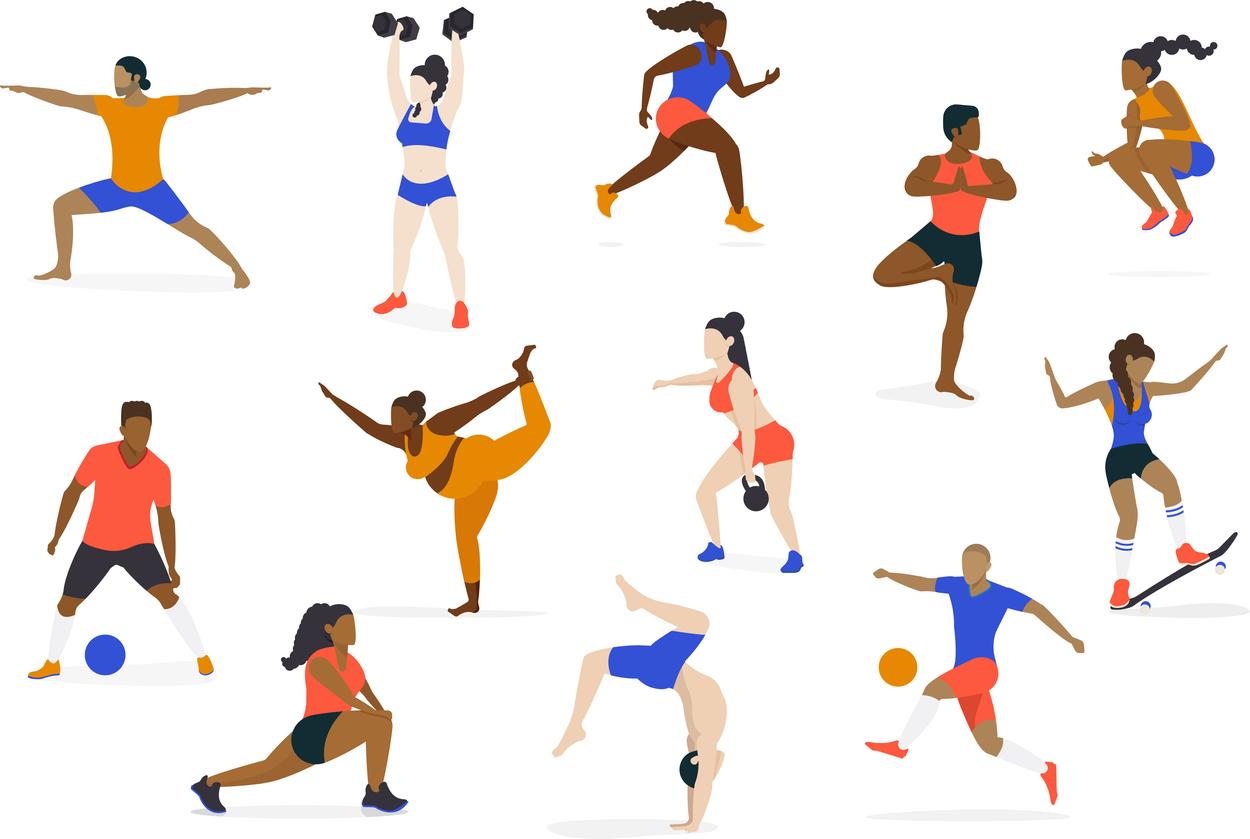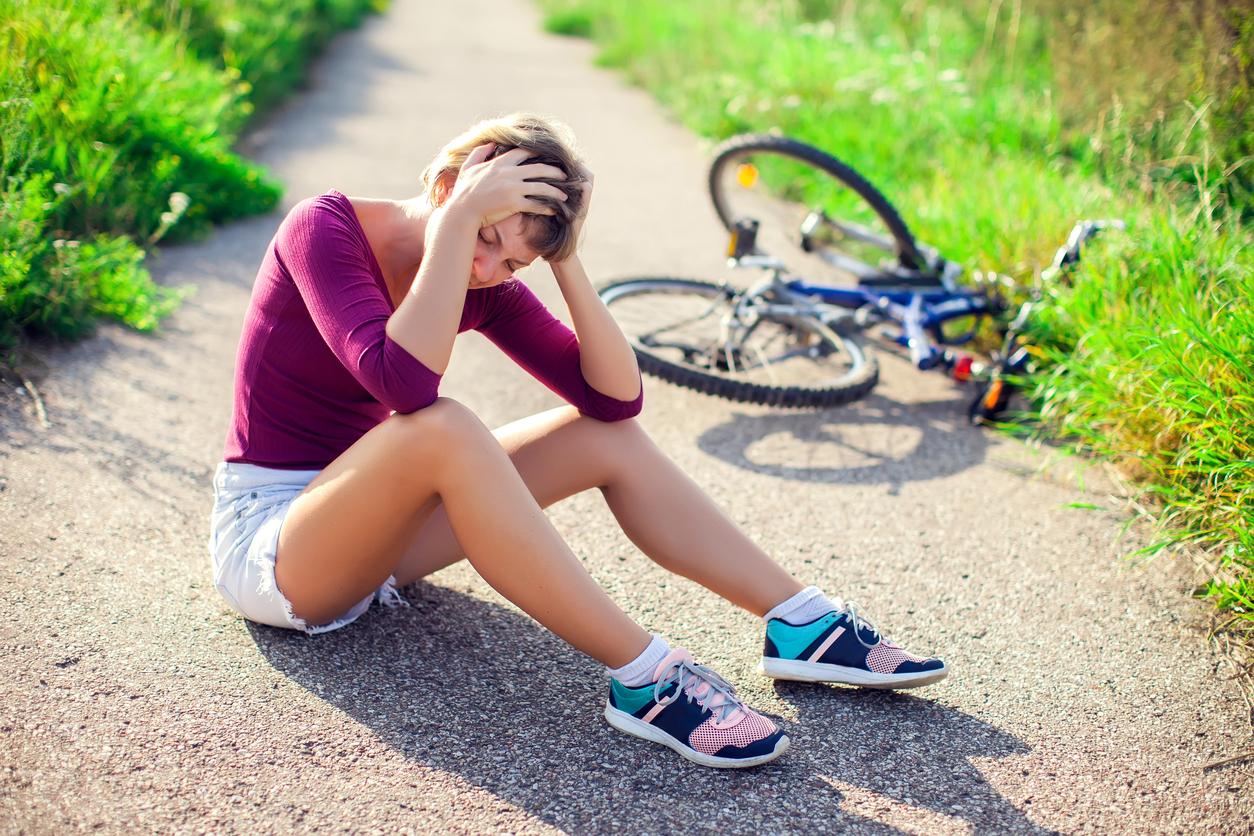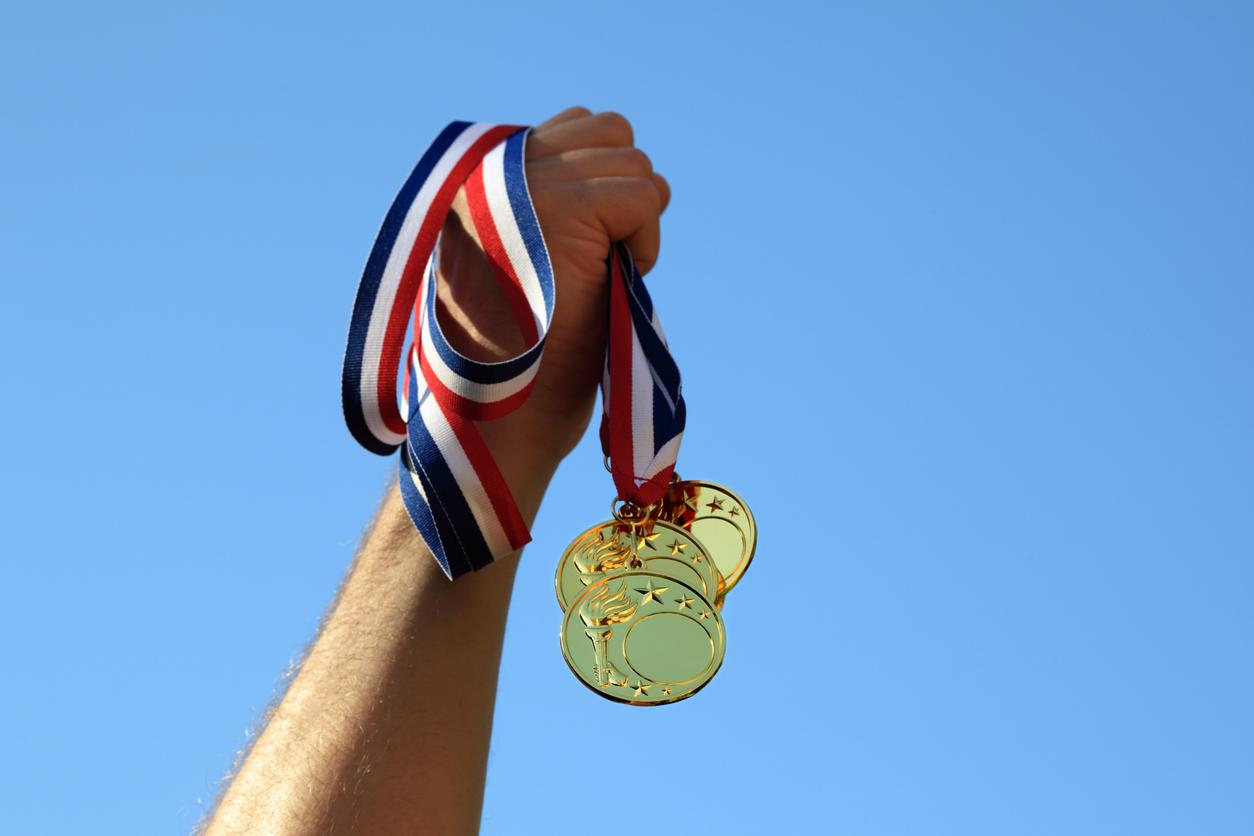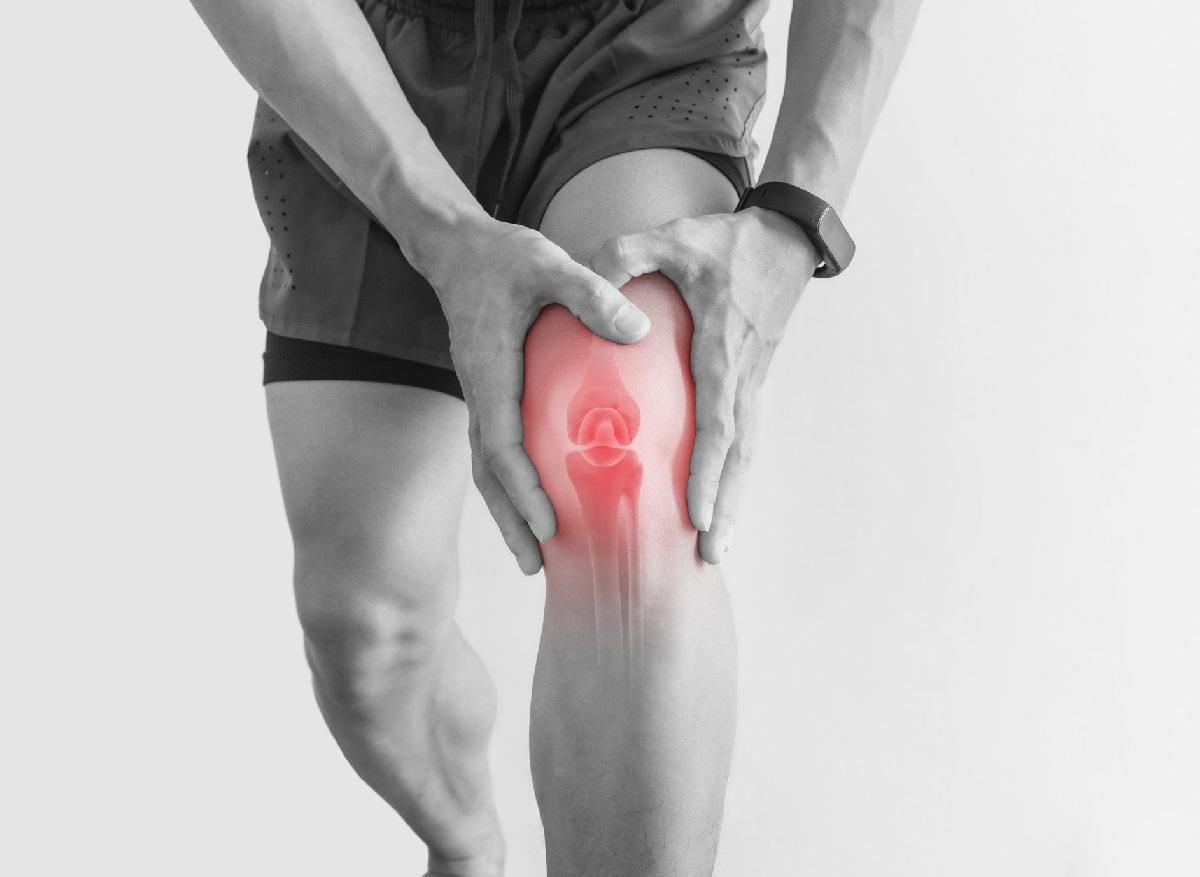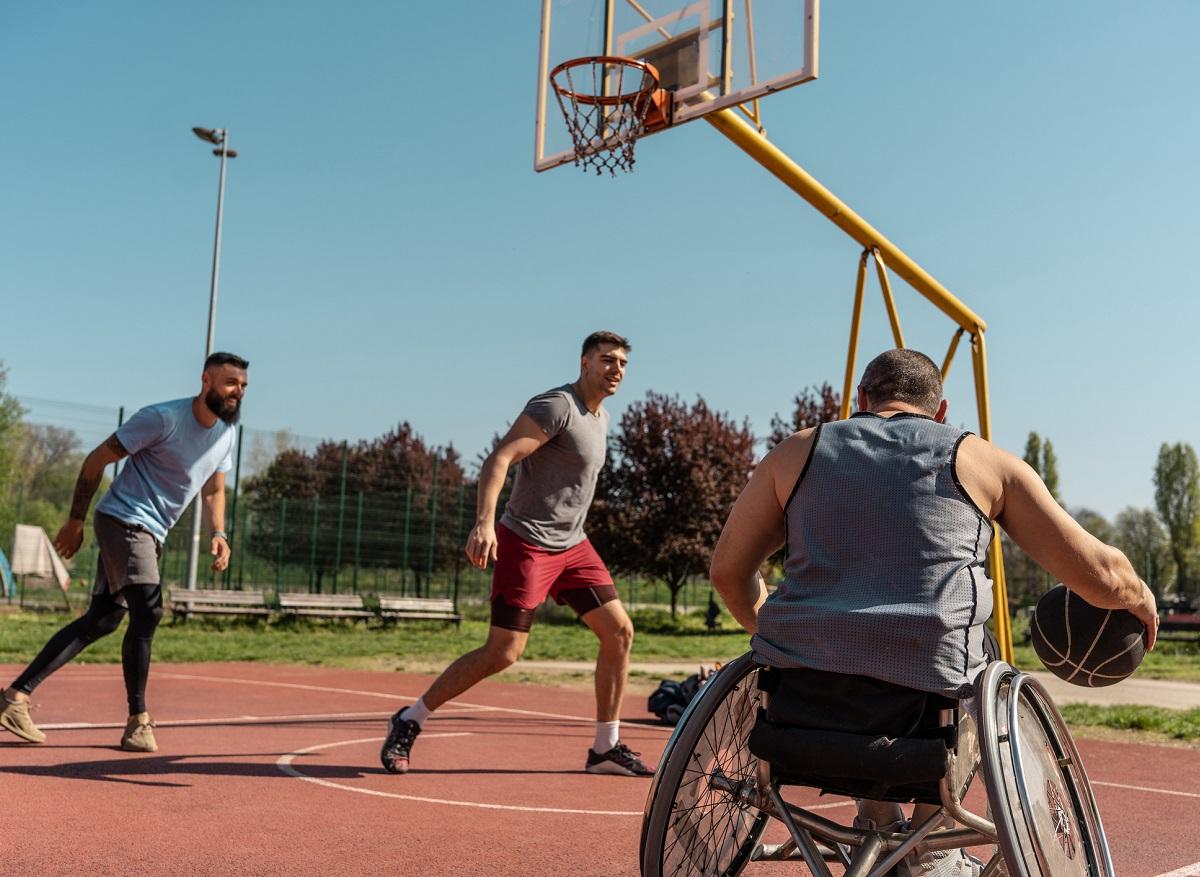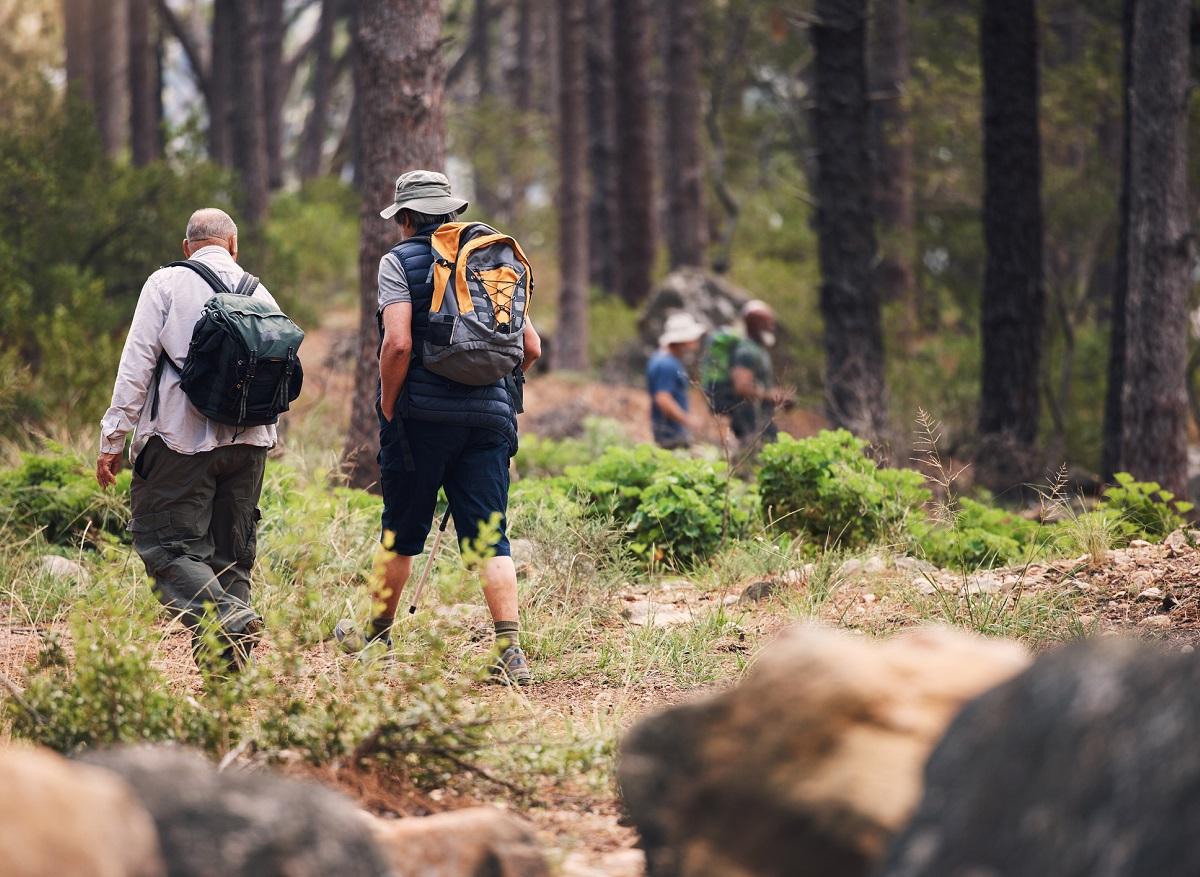Have you decided to (re)start playing sports? Congratulations ! Whether you prefer swimming, cycling, Pilates, yoga or even crossfit, this good resolution will certainly do good for your health. And if you have a slimming goal, regular physical activity is also highly recommended!
Protein, caffeinated and draining drinks should be avoided!
There remains the thorny question of diet: what to eat and what to drink when you (re)start sport? As for drinks, let’s first put an end to a very stubborn preconceived idea: protein and high protein drinks are useless.
“Unless you practice a high-level strength sport (competitive weightlifting, for example), the proteins provided by the diet are more than sufficient to maintain and develop muscle mass.“, explains Nathalie Négro, dietitian-nutritionist.
Worse, protein-enriched drinks could even make us gain weight. “They only enrich the diet by adding calories to the bill. In the long run, they make us gain weight… and it’s fat that we gain, not muscle!“, underlines the expert. “Indeed, when we exercise regularly (but on an amateur basis), our protein needs are not increased.“
Also be careful with caffeinated drinks : coffee, energy sodas, guarana or mate drinks… “Because they increase the heart rate and body temperature, these products increase the risk of injury during a sports session, but also the risk of heat stroke: they should therefore be avoided“, specifies Nathalie Négro.
A final warning regarding draining drinks : “when consumed during a sports session, diuretic drinks marketed under a “slimming” label [tisane d’hibiscus, d’ortie, de queues de cerise, “détox”…] can cause dehydrationexplains Nathalie Négro. Indeed: in essence, physical activity dehydrates. If we add a draining effect, we risk running out of water… and this can have serious health consequences – cramps, tendinitis…“
Water remains the best drink for hydration
Unsurprisingly, the best drink when you (re)start playing sports is… water. Quite simply !
“To avoid injuries, it is imperative to drink water before, during and after the session” explains the dietician-nutritionist. For an endurance sport (for example: walking, swimming or cycling), it is recommended to drink between 0.5 L and 0.8 L of water per hourin small sips “otherwise, you risk having bloating or nausea“.
Another tip from the expert: “drink cool but not cold water. Indeed, drinking water that is too cold during a sports session risks causing the ‘blocking’ of the body temperature regulation mechanism.“. As a result, the risk of injury (or even heat stroke) increases.
Flavored water (but without sugar) to sip during sports
Having trouble drinking enough water? Nathalie Négro advises you to flavor it naturally… and above all, without adding sugar. Here are his suggestions:
- Lemon water. The night before, put 2 lemons cut into quarters in your pitcher of water and leave it in the refrigerator overnight, before filtering it and transferring the drink to your bottle. This is lemon water ultra-rich in vitamin C! Of course, you can do the same thing with orange or grapefruit segments.
- Mint water. The night before, put a handful of fresh mint leaves in your pitcher of water and leave it in the refrigerator overnight, before straining it and transferring the drink to your flask. This tip also works with 6 star anise stars or a cinnamon stick.
Good to know. In recent years, several brands (AirUp, for example) have launched a new concept: water flavored by smell. Concretely, the bottles offered only contain water. However, you can insert a refill containing aromas. These are released when we drink, and give us the impression of drinking fruit juice, tea… without the calories that go with it. To test !
Thanks to Nathalie Négro, dietitian-nutritionist and head of the Nutritional Center of Brides-les-Bains thermal baths.










